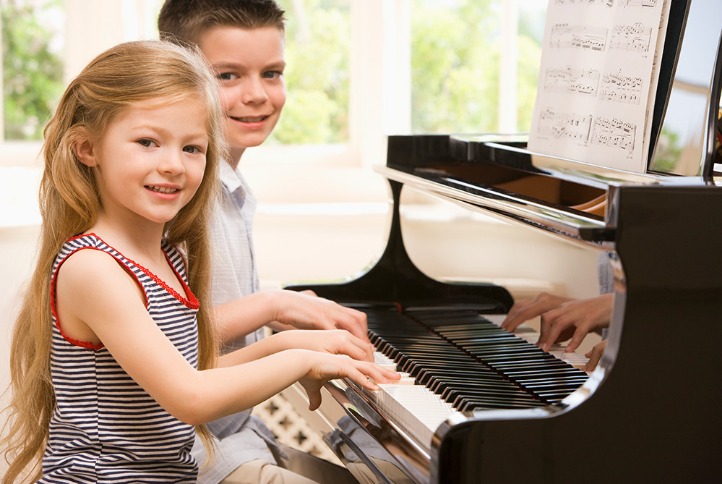Music has long been recognized as a universal language that transcends barriers and fosters connection. For children with autism, music can be particularly transformative, offering a unique outlet for expression and communication. Piano lessons can play a crucial role in this journey. They not only introduce the child to the world of music but also offer numerous developmental benefits. Let’s explore how piano lessons for autistic children can be a game-changer.
Why Piano Lessons?
The piano is an excellent instrument for children with autism due to its structured nature and the immediate auditory feedback it provides. Here are some reasons why piano lessons can be beneficial:
Read more about Piano lessons for Autism here.
- Structure: The piano’s keys provide a clear and logical layout that can be comforting for an autistic child.
- Immediate Feedback: The sound produced by pressing a key can give a sense of accomplishment and instant gratification.
- Motor Skills: Learning to play piano can enhance fine motor skills and hand-eye coordination.
- Emotional Expression: Music can offer an emotional outlet and a method to express feelings that might be difficult to verbalize.
Choosing the Right Instructor
Finding the right instructor is crucial. An instructor experienced in teaching children with autism will be better equipped to adapt their teaching style to meet the child’s specific needs. Look for the following qualities:
- Patience and understanding of autism spectrum disorder.
- Experience with adaptive teaching methods.
- A flexible approach to lessons and learning.
- Ability to create a positive and encouraging atmosphere.
FAQs
How can piano lessons help with communication skills?
Playing the piano can enhance communication skills by providing a non-verbal means of expression. Over time, children may feel more comfortable expressing themselves verbally as well.
Is it necessary to have a special type of piano?
No, any standard piano or keyboard will work for piano lessons for autistic children. However, a weighted keyboard can provide a more tactile and satisfying experience.
How often should lessons be scheduled?
The frequency of lessons can vary based on the child’s individual needs and attention span. Generally, once or twice a week is suggested to maintain consistency without overwhelming the child.
Testimonials
Many parents have observed significant positive changes in their children after starting piano lessons:
“My son has found a new way to express his emotions through piano music, and it has been incredibly rewarding to watch.” – Sarah, parent of an autistic child.
“The structure and melody have provided a sense of calm and happiness we hadn’t seen before.” – James, parent of an autistic child.
Music truly has the power to transform lives. By introducing a child with autism to piano lessons, you might be opening the door to a world of new possibilities and joy.
